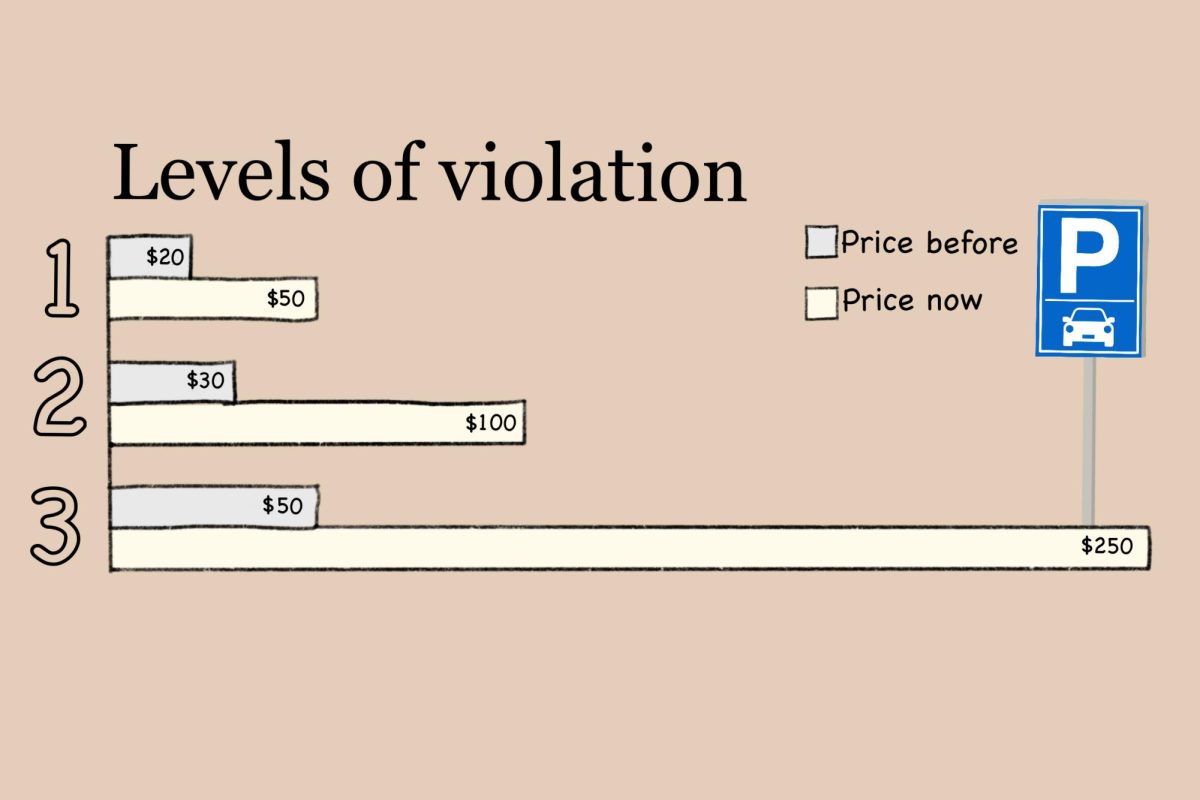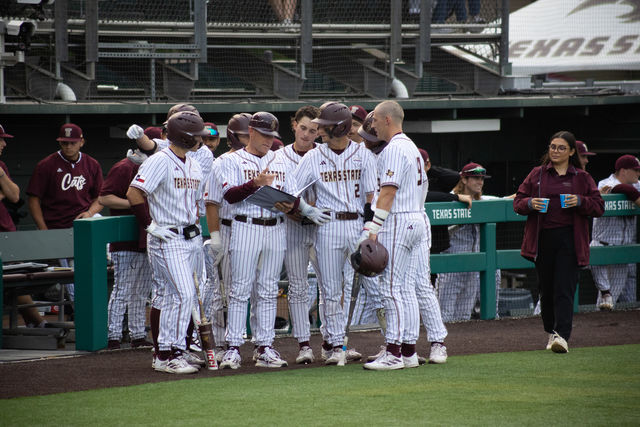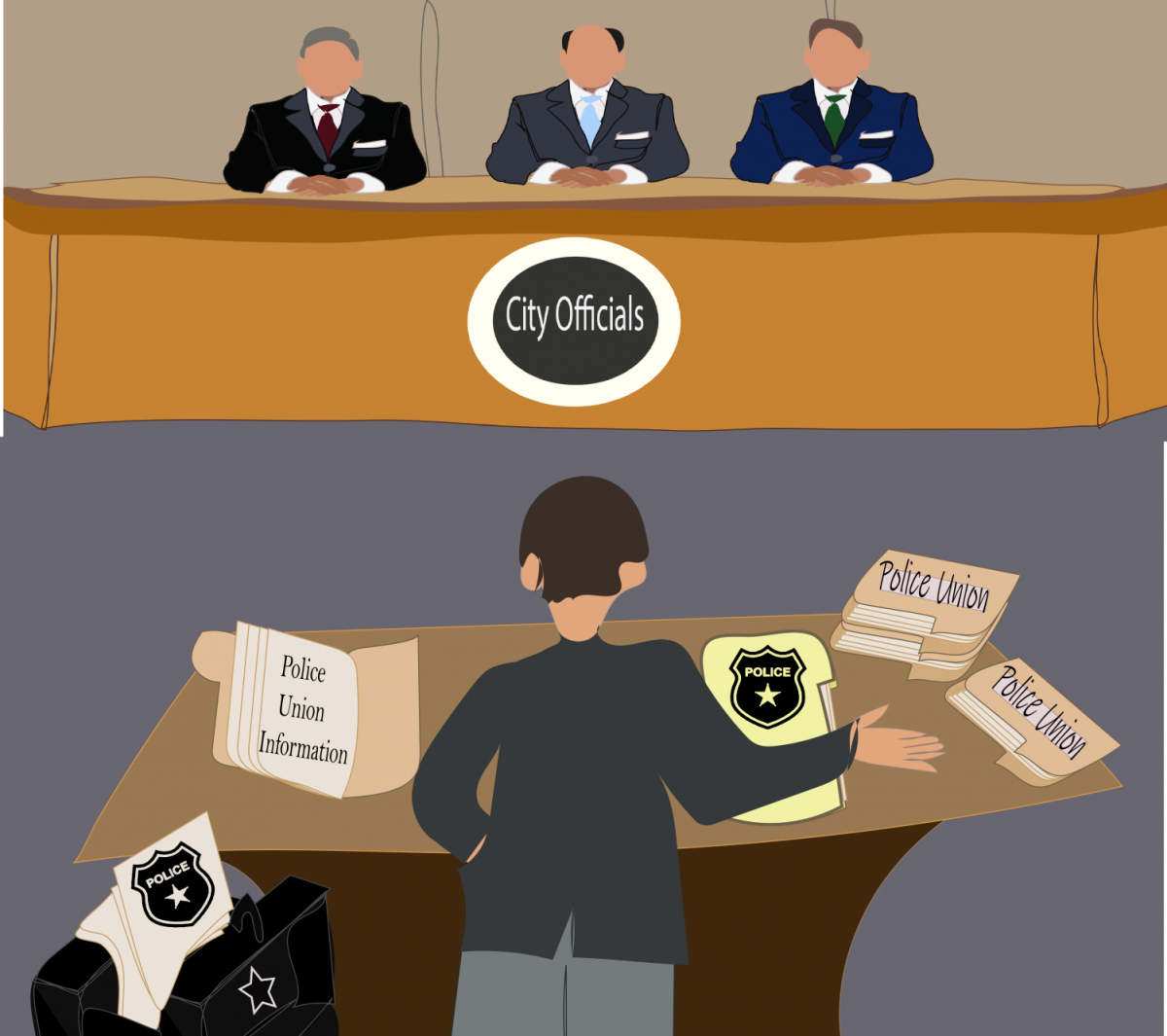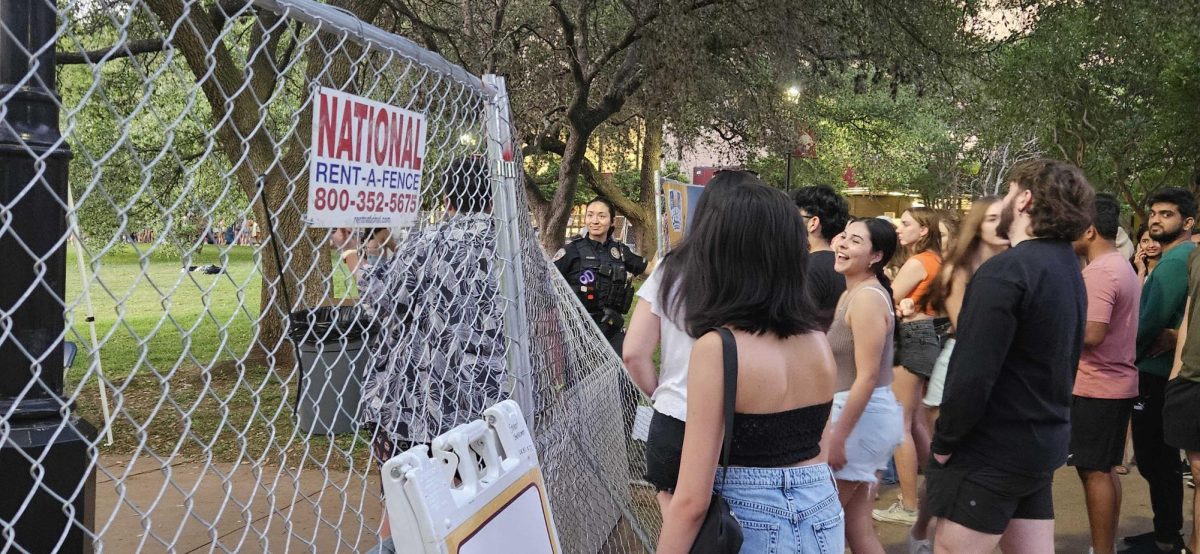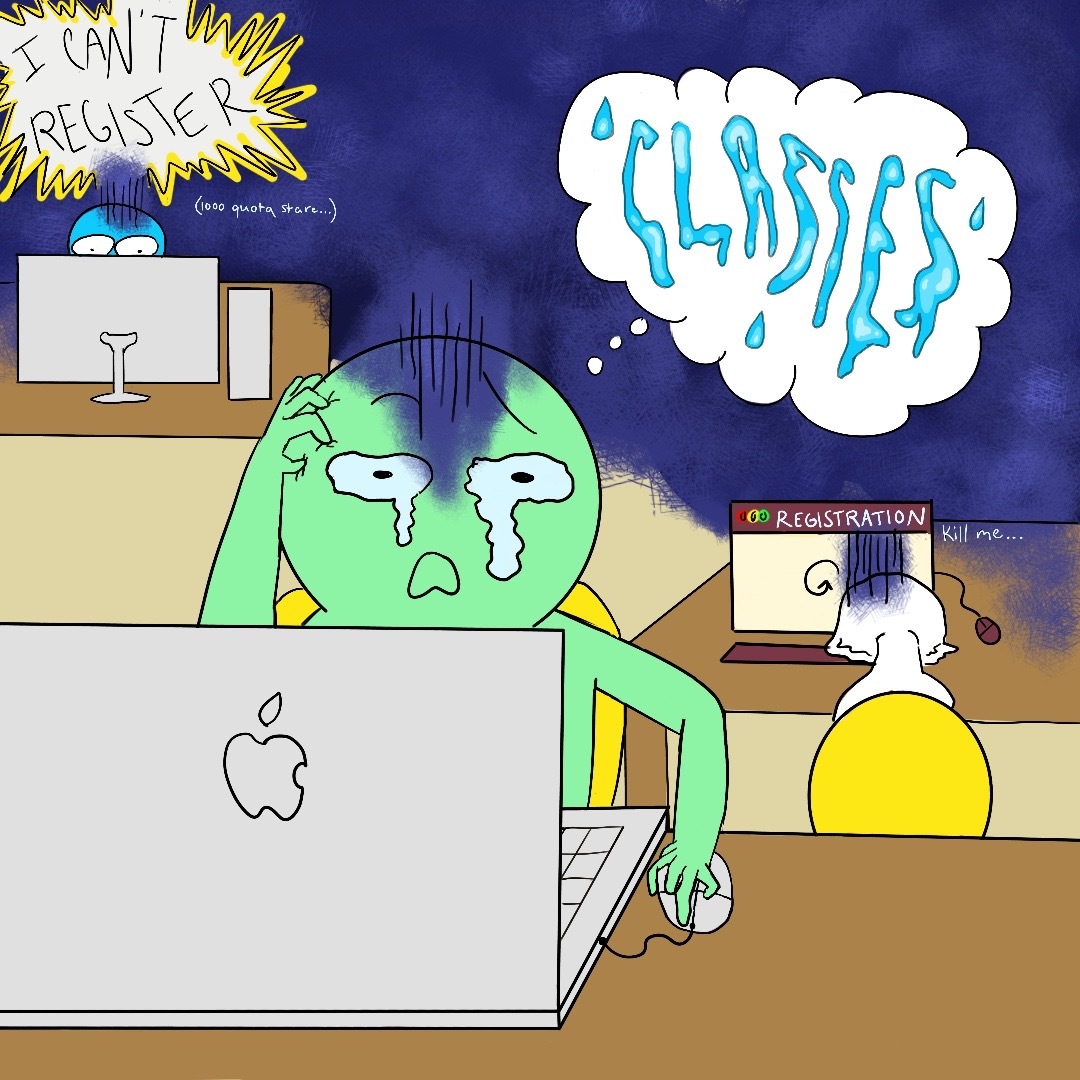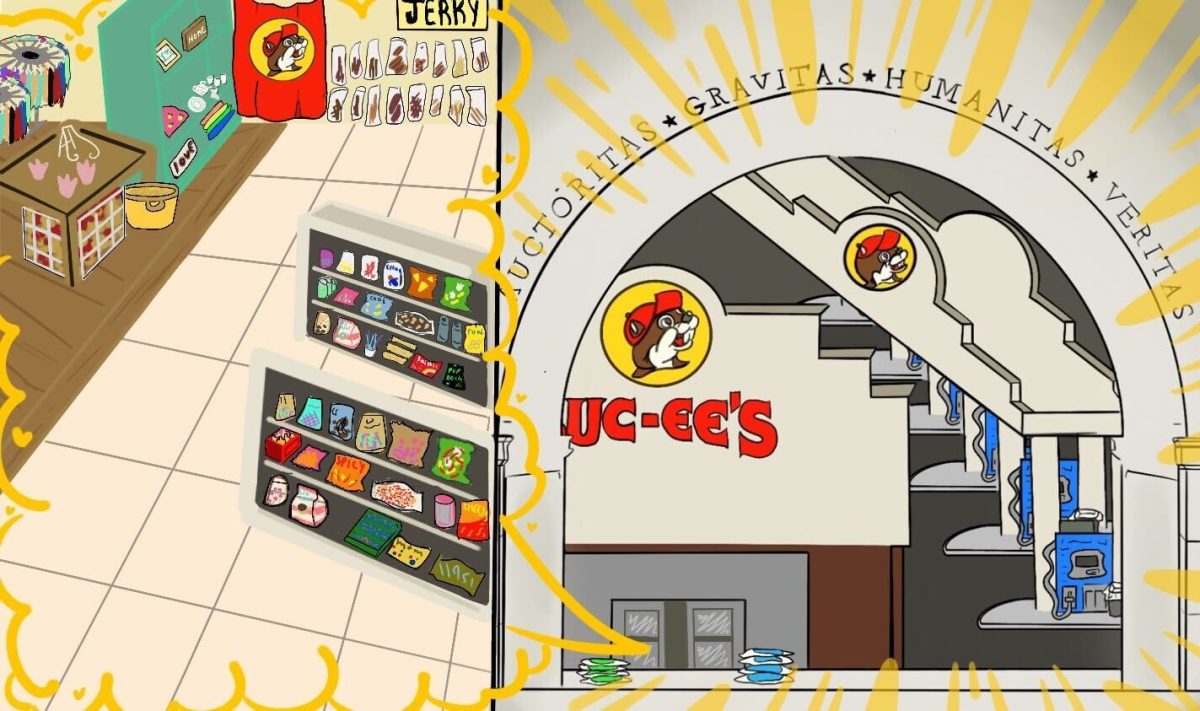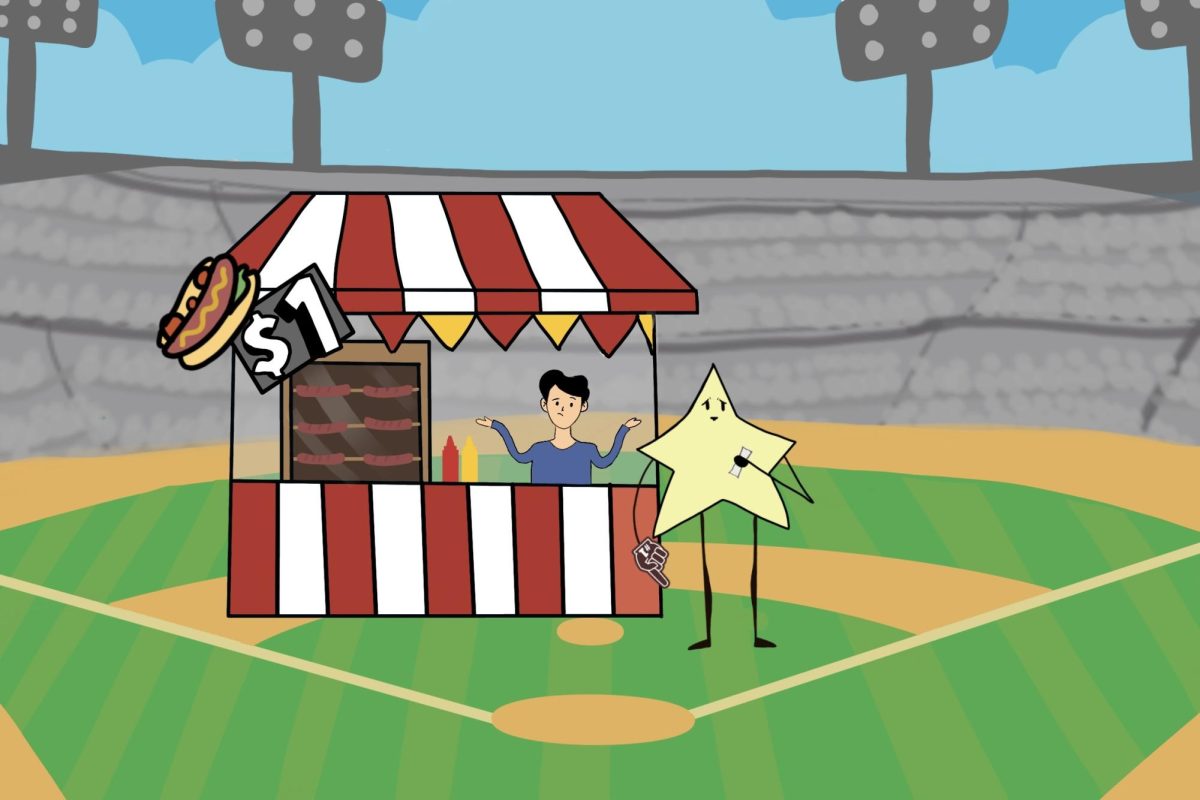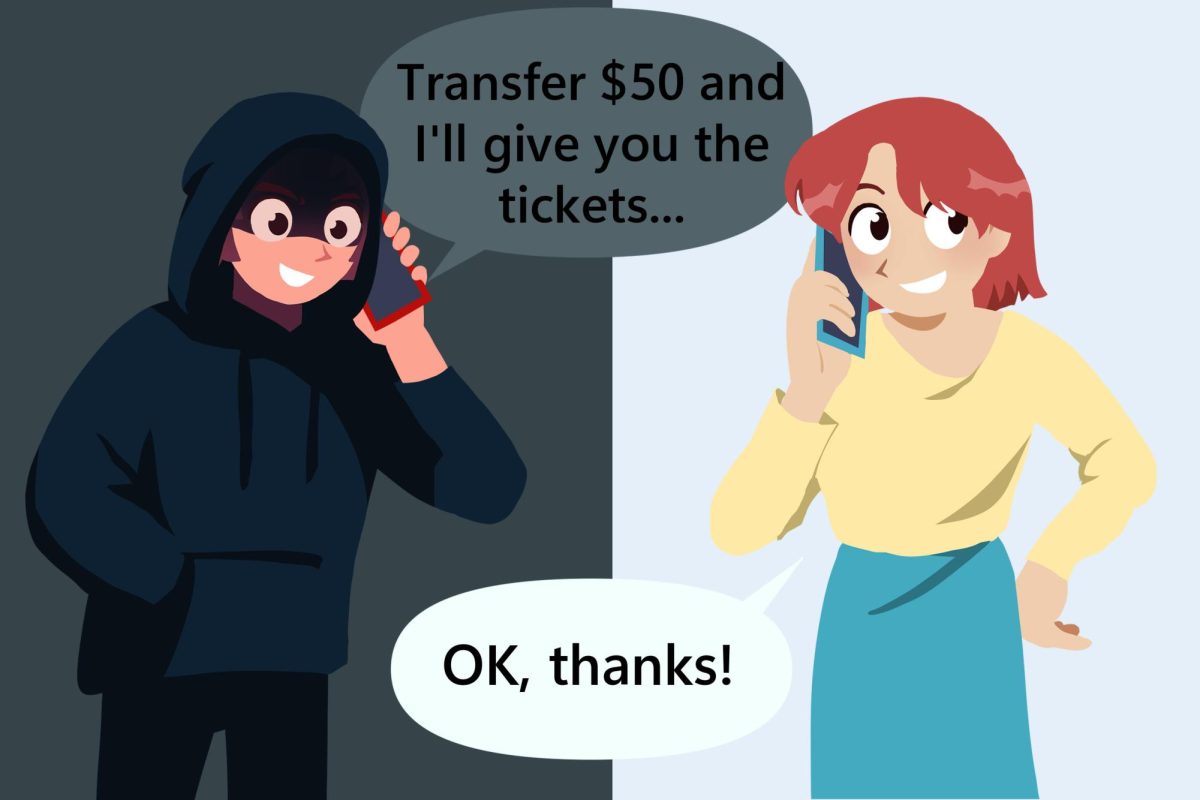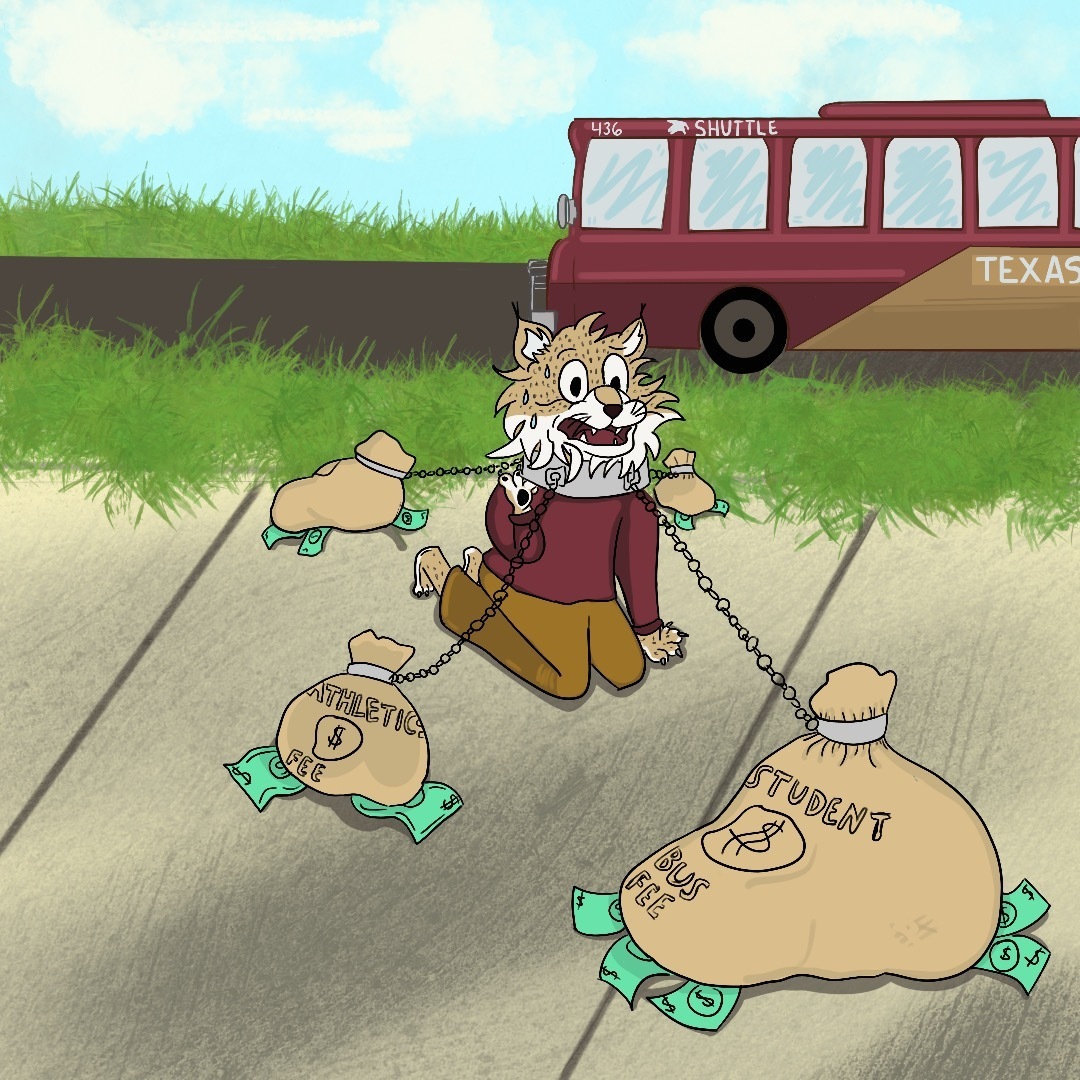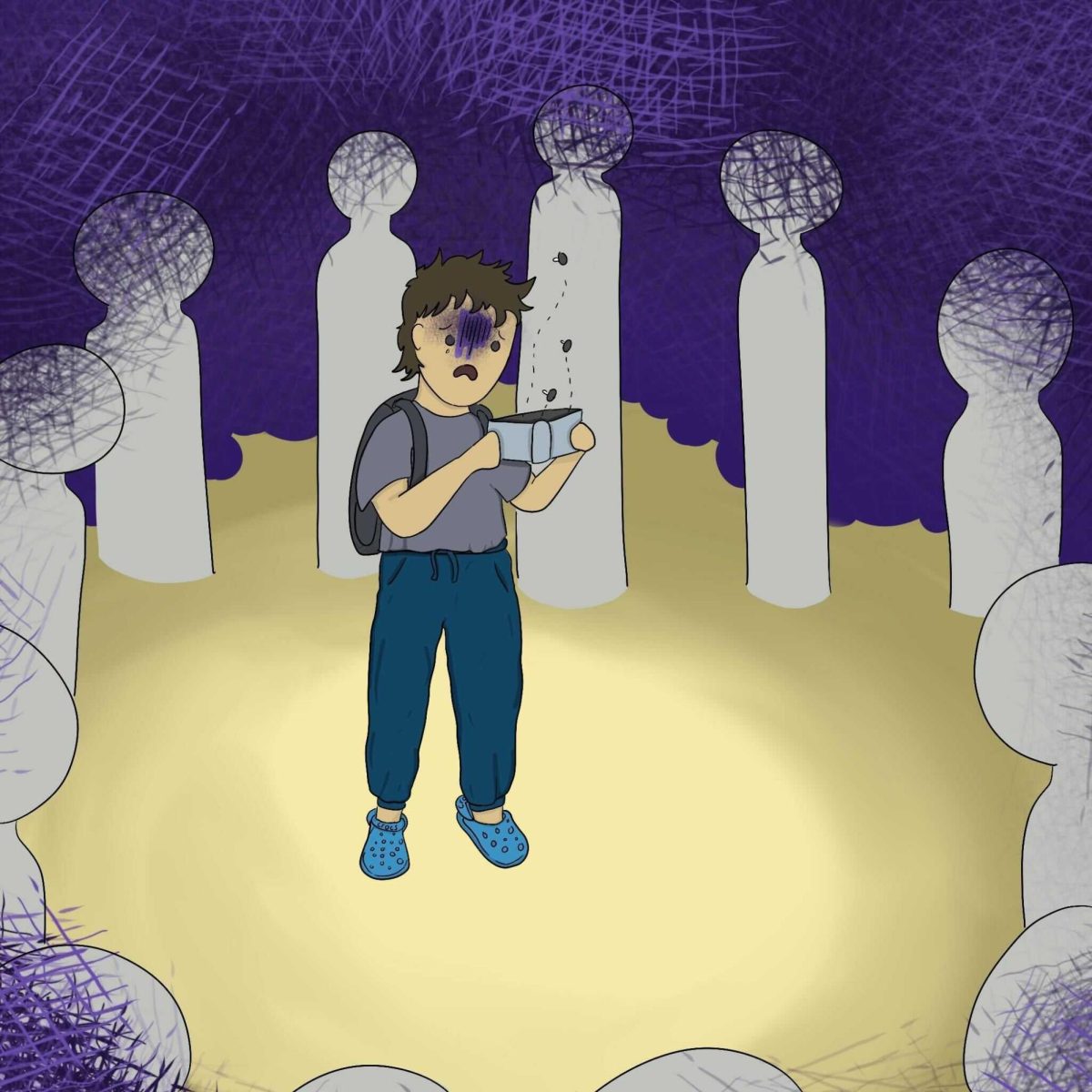Police departments have been under fire for vicious acts like the one that took George Floyd’s life and department responses, or lack thereof, to them. However, like any other government agency, many bureaucratic obstacles prevent police departments from holding officers accountable.
While 70% of people ages 18-34 support the movement to defund the police, the consequences portray a picture where such proposals will hurt communities. Instead of calling for police to be defunded, young people should call for police unions to stop protecting officers who abuse their power, and call on public officials who refuse to give in to those demands.
Police unions are powerful labor unions that claim to advocate for fair working conditions and wages for their members, usually through collective bargaining agreements. These typically amount to agreements on pay schedules as well as terms of disciplinary action for officers.
However, this is accomplished through pressuring elected officials to yield from pushing accountability plans in departments. Such was the case in St. Louis, where Kim Gardner, the district attorney, attempted to establish a unit to investigate police misconduct but was stopped by pressure from the local police union.
In many places, local governments have no way to avoid unions like in California, where local governments are mandated to meet and negotiate collective bargaining agreements with police unions. The terms of these agreements usually amount to special privileges that police officers receive when under investigation for misconduct.
Police unions actively advocate for special privileges that do not protect the rights of police officers. Instead, they put up red tape that prevents the public from keeping corrupt police officers accountable, such as removing complaints of abuse on records.
While police unions bring their set of problems that prevent the public from keeping departments accountable, defunding departments will only bring disarray to an already struggling law enforcement system.
In Hays County, the criminal justice system has struggled with a lack of funding, so much so that jail overcrowding has led to the outsourcing of inmates costing the county tens of thousands of dollars, which comes at taxpayers’ expense.
The newly adopted San Marcos cite-and-release program can alleviate some of that overcrowding. The San Marcos Police Association put up resistance toward the move, which is just another example of how police unions can try to interfere with the public interest.
A 2016 assessment determined the changes needed in the Hays County jail system, and there was an immense need for expansion. Defunding the police would mean a continuation of outsourcing inmates at exorbitant costs to taxpayers, as well as stripping police of the resources needed to engage in community policing actively.
Police officers and communities can find common ground through the diversion of power from police unions back to the community. One example of police unions hurting both parties was examined in San Antonio, where city officials and the police union negotiated over the department’s rules and regulations as a part of their collective bargaining contract.
Ultimately, the police union settled for a salary cap that limited how much officers were paid in exchange for keeping a rule that removes officer infractions from their record after a certain number of years. Placing limitations upon police unions would be a win to all parties involved, giving police officers the resources they need and the pay they deserve while rooting out officers who have abused their power.
It is possible for the public to unite with police officers once they see the impact their unions have on their department and community. There will be arguments from police unions stating they have a right to represent their workers, but the right to unionize does not shield them from any accountability. Action needs to ensure the public can hold law enforcement accountable.
Police unions and their relationships with states and local governments have created a system that lets bad cops off the hook, thus damaging the public’s trust in law enforcement. The only solution that could give power back to communities is taking control away from the police unions that protect these abuses of power.
Police have been unable to operate in their communities because of the government interference that police unions help create. Taking this power away from unions allows communities to keep law enforcement accountable without taking away the resources that keep communities safe.
– Ivan Maldonado is an economics junior
The University Star welcomes Letters to the Editor from its readers. All submissions are reviewed and considered by the Editor-in-Chief and Opinion Editor for publication. Not all letters are guaranteed for publication.


